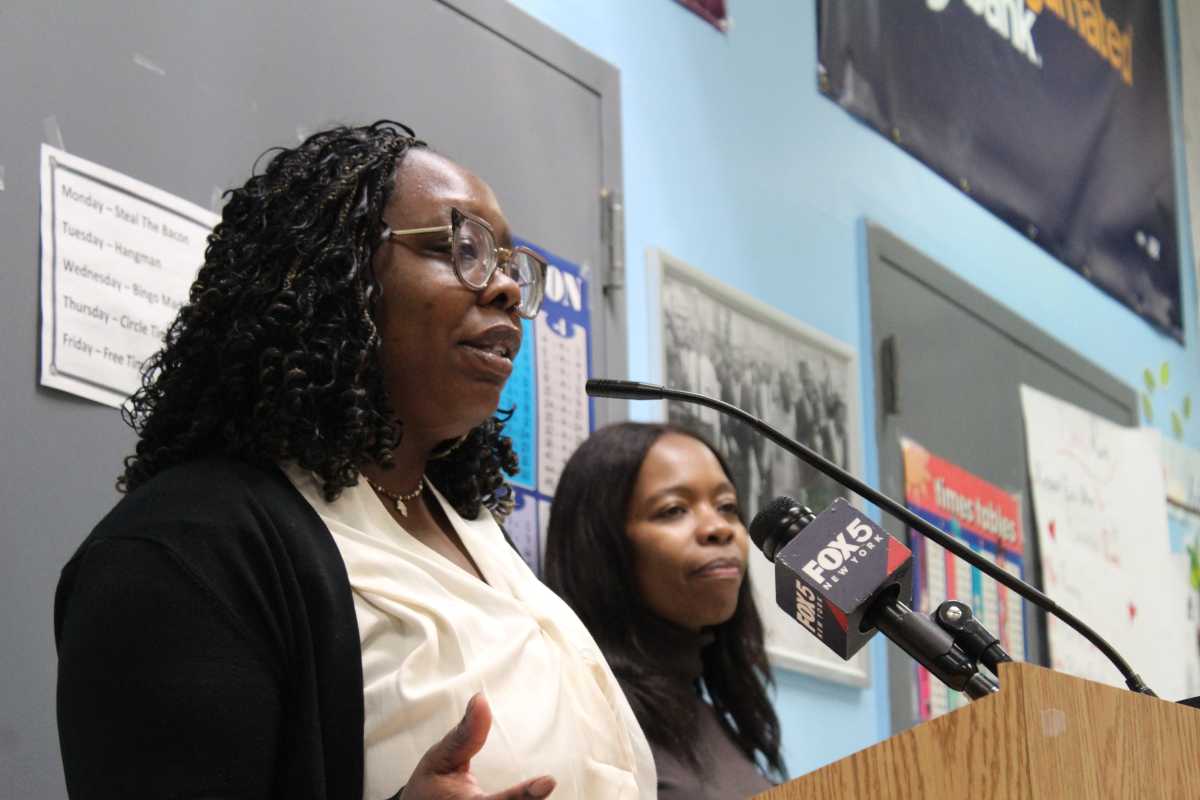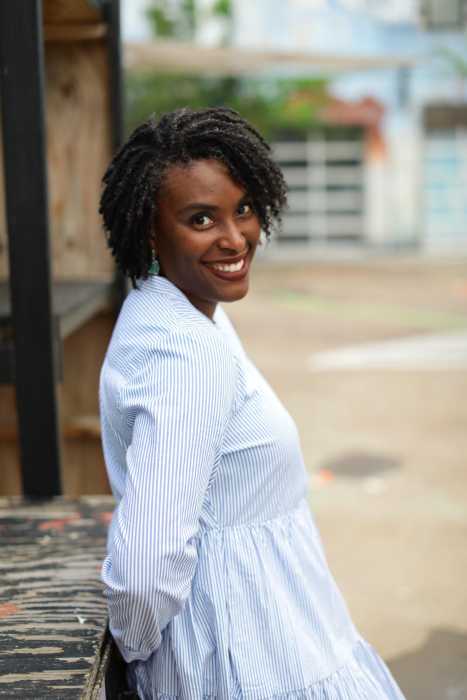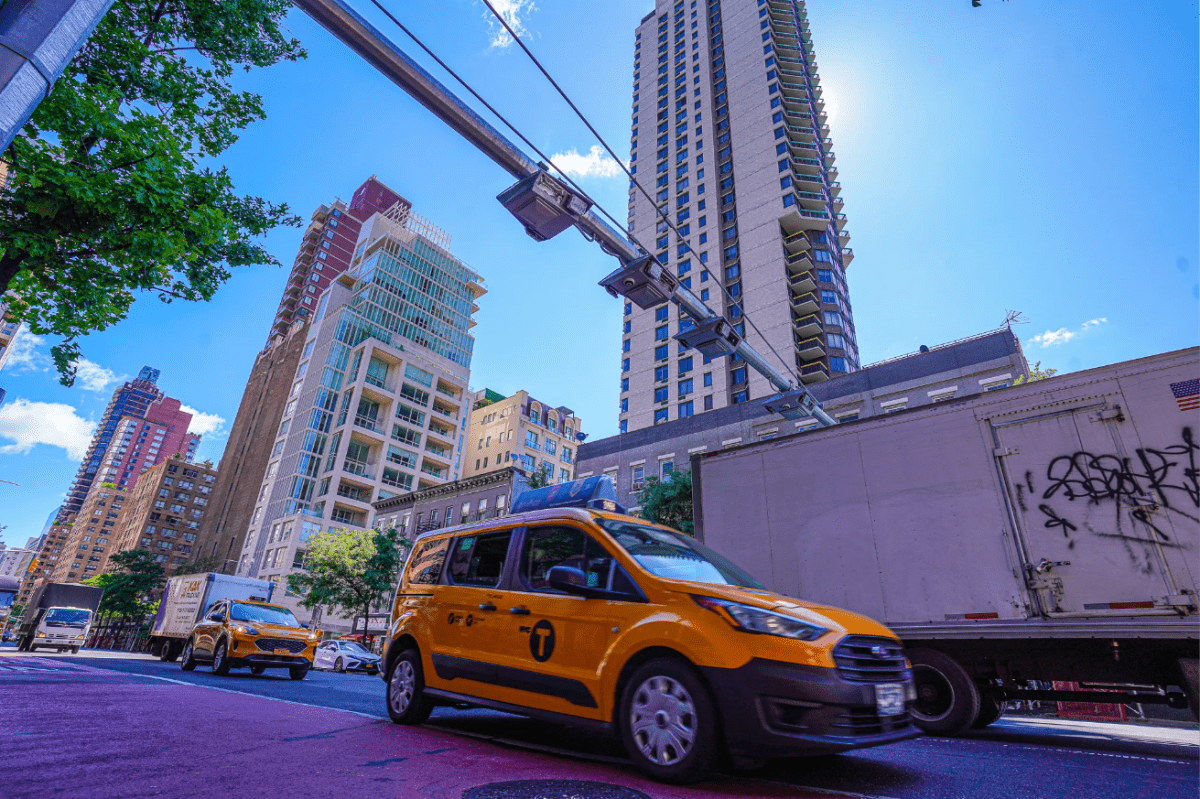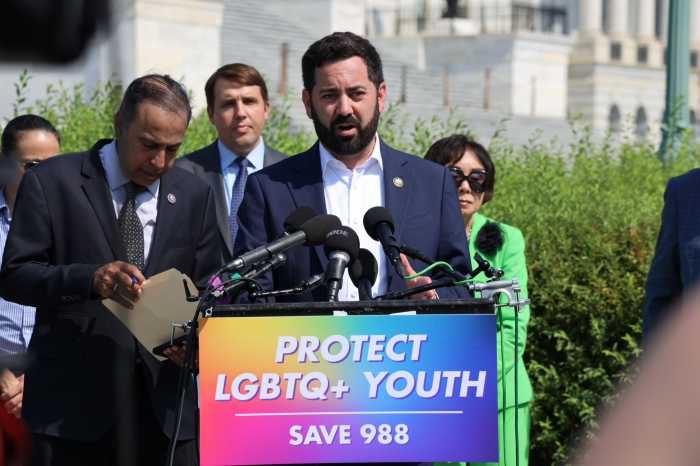BronxWorks — which provides youth programming, meals, homeless shelters and more — is currently owed $9 million in unreimbursed services and recently had to use a line of credit to cover payroll, chief financial officer Gordon Miller told the Bronx Times. Bronx Defenders, a provider of legal assistance and holistic support for Bronxites in the criminal justice system, is waiting on $1 million, according to Executive Director Juval Scott.
The Mayor’s Office of Contract Services (MOCS), however, told the Bronx Times that the city is dedicated to helping nonprofits “navigate the invoicing challenges” and assisting them in getting paid.
Despite the city’s pledge, organizations say that late payments, which have been a persistent problem, are now even worse. The city contracts with social service providers for billions each year, but slow payments are leaving many scrambling, forcing some to cover expenses through borrowing — and footing the bill for high interest costs. Small nonprofits are especially affected — even waiting on $10,000 can have a drastic impact on their bottom line, said June Jimenez, interim executive director of the Bronx Community Foundation, which supports the borough’s nonprofit sector.
Lack of consequences
Past attempts to improve the city contract process resulted in temporary gains. Shortly after Mayor Eric Adams was elected, he and Comptroller Brad Lander announced a Task Force on Nonprofit Contracting, culminating in a February 2022 report with recommendations for improving the “onerous and slow” process. That spring, the mayor touted his “Clear the Backlog” initiative, which freed up over $4 billion in contractual dollars owed to nonprofits.
But any past progress is now “stalled” — and the city is again unacceptably late in payments to many nonprofits doing critical work, said Council Members Althea Stevens and Justin Brannan in a recent op-ed.
Stevens, who represents the southwest Bronx, and Brannan, who represents Brooklyn neighborhoods including Bay Ridge and Coney Island, said the current contract process creates no incentive for prompt repayment, as it has no set timeframes or deadlines — a fact that has apparently not changed since the same concern was raised in the 2022 task force report.
“[T]he city is behaving like a disengaged, deadbeat parent,” wrote Stevens and Brannan, who are working together on legislation requiring the city to pay interest on late payments.
Stevens told the Bronx Times that “Clear the Backlog” was proof that the administration knows how to resolve the issue but has not consistently made it a priority — leaving nonprofits “essentially floating the city.”
“If the city doesn’t have consequences, they don’t have incentive to pay these people,” she said.
In a statement to the Bronx Times, MOCS affirmed the administration’s commitment to keeping critical service organizations going, noting that the nonprofits also have many employees. “The Adams administration has made it clear that supporting the workers that provide vital services to New Yorkers, particularly our most vulnerable residents is a top priority.”
The office pointed to measures aimed at protecting vulnerable New Yorkers — while acknowledging challenges in the contract process. “MOCS continues to collaborate with the City’s contracting agencies to ensure that procurement professionals and our nonprofits receive the necessary information, resources, and personalized support to successfully navigate the invoicing challenges.”
But Stevens said local nonprofits are not receiving enough help. The task force should be reconvened, she said, because many social service organizations are worried about even making payroll in December — putting thousands of New Yorkers at risk for a terrible holiday season without the services they rely on.
Stevens predicted that until change comes to the contract process, more nonprofits may suffer the same fate as Sheltering Arms, which shuttered and filed for bankruptcy in 2023 after years of budget cuts and delayed city payments.
“It’s not their fault. This is not okay,” she said.
‘It’s unsustainable’
Raye Barbieri, CEO of the Kingsbridge Heights Community Center, agreed. “This year seems to be particularly horrible for everybody across the board.” The center was founded in 1974 and has a food justice arm, a rape crisis center, early childhood programming and more.
The Human Services Council survey found that 90% of respondents were waiting on payments totaling $365 million — and nearly one-third were delayed by more than six months.
Additionally, the survey found that 48% of respondents had to use loans or lines of credit to cover the late funds, saddling them with a total of $6 million in interest that cannot be reimbursed.
A major contributor to the delays lies with PASSPort, the city’s system for contract management, which was upgraded this year to include invoicing and payment capabilities, said Miller at BronxWorks. Problems with implementing the new functionality appear to have made the existing backlog problem even worse, he said. The public version of PASSPort can be found here.
The city defended the technology, saying in a statement that “MOCS is diligently working around the clock to evaluate the PASSPort system and implement upgrades that enhance in-system payment processes. This is to guarantee that payments to our valued nonprofit contracting partners are not interrupted.”
But Miller said payments have indeed been severely interrupted — and that BronxWorks is paying the price. While he said he has seen recent signs that the backlog is slowly clearing and the city granted two partial advances on their contract, those funds dried up, leaving BronxWorks no choice but to use a line of credit to make payroll.
For now, the organization is getting by, he said. “We’re still continuing our excellent service and working with our clients.” But even if every problem with PASSPort was fixed tomorrow, “You gotta play catch up.”
Barbieri said her organization has not yet needed to use its available line of credit, thanks only to scrimping and saving, and she could not give a dollar amount for which the Kingsbridge Heights Community Center is owed. But she said there is much anxiety around the delays, especially for their largest contracts with the Department of Education.
Barbieri said nonprofits are treated unfairly compared to other entities that contract with the city. Despite — or perhaps because of — the essential nature of their work, they have little choice but to keep going while waiting on their funds.
“There’s no other category of vendor in New York City that would ever be expected to or asked to provide services, programming or supplies before a contract is registered and in place,” she said. There’s no construction company that’s going to say, ‘Sure, we’ll start working without a contract.’”
‘It’s unsustainable’
Scott at Bronx Defenders also expressed frustration at not being able to begin any steps of the reimbursement process. The organization has been unable to submit invoices in PASSPort for the past six months due to technical problems, she said.
The late payments are bringing down staff morale, adding another layer of stress to their already challenging workload — which in turn trickles down to clients, said Scott.
Within Bronx Defenders, the sectors waiting on the most money are legal services for immigrant families and residents facing eviction, areas that already struggle to meet demand, said Scott. The late payments “seriously jeopardize” the organization’s ability to continue services, she said.
As with BronxWorks, the city also gave the Bronx Defenders a partial advance on their contract, which got them through for a time. But now, with the advance running out, Scott said she desperately wants to avoid taking out a loan.
“It’s unsustainable,” she said. “It’s not a good way to manage.”
Scott said while the late payments seem mainly due to technical and administrative problems, they have a real “punitive effect” on nonprofit organizations. If the Bronx Defenders takes away funds for other services to cover loan interest, “The people that benefit from this are the banks.”
Barbieri said while nonprofits are resilient, the sector needs to be treated with greater priority. Until reform comes, her organization will continue its work — such as providing holiday food packages for over 500 residents last week — even if running on fumes.
“We’re gonna deliver services because that’s our mission,” she said. “A construction company can say ‘full work stoppage.’ We can’t do that.”
Reach Emily Swanson at eswanson@schnepsmedia.com or (646) 717-0015. For more coverage, follow us on Twitter, Facebook and Instagram @bronxtimes
























